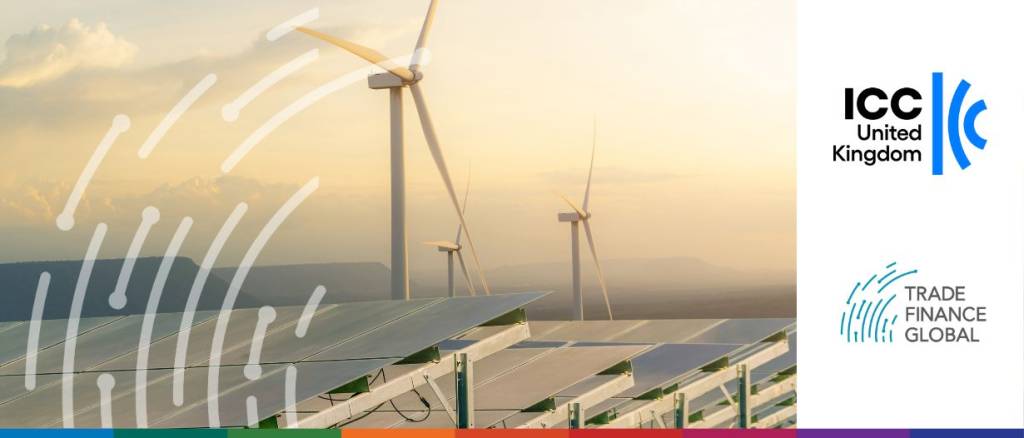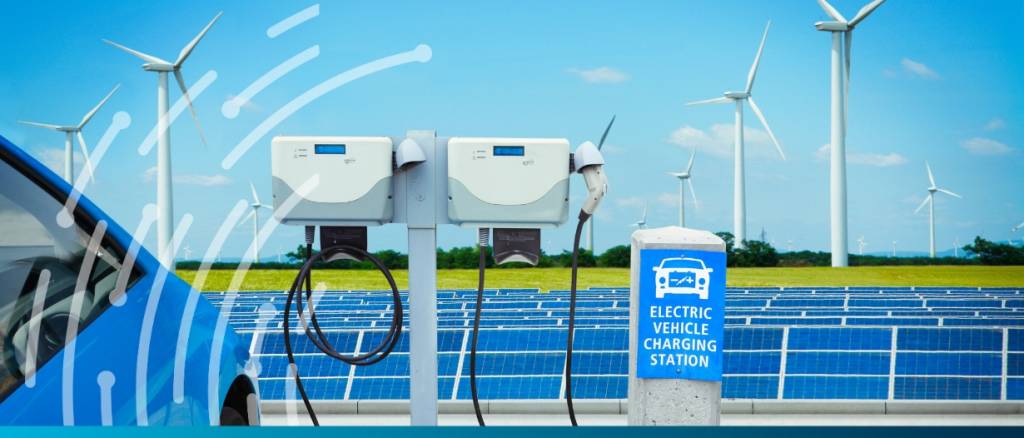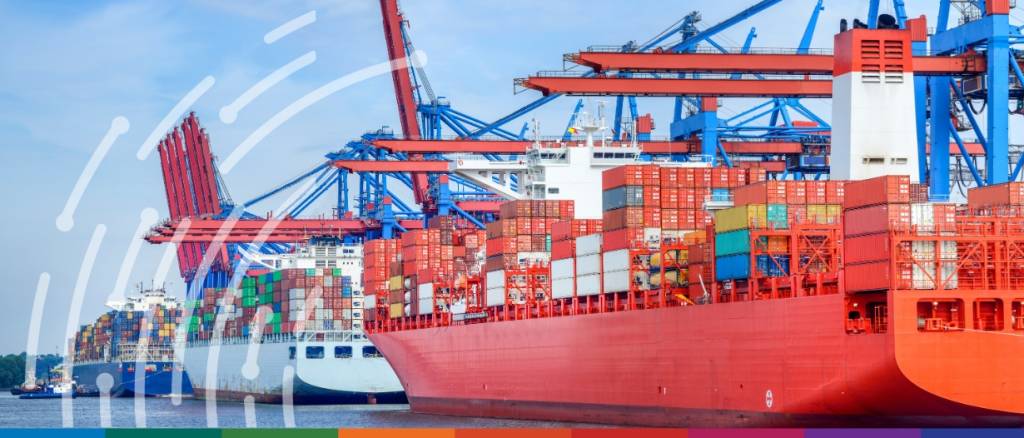At ICC United Kingdom’s annual conference, International Trade and Prosperity Week, TFG’s Deepesh Patel was joined by Chris Southworth, Secretary General at ICC United Kingdom, to discuss the importance for the business of limiting global temperature increase to 1.5° C and what the ICC is doing to support the sustainable transition.
Trade finance providers have a critical role to play in the low-carbon transition. Through their lending decisions, they hold massive influence in some of the most carbon-intensive companies and supply chains, and they can use this leverage to push for much-needed progress on climate.
A recent report has revealed that out of the 2,000 largest publicly traded companies, half have committed to achieving net-zero emissions by the middle of the century. Despite this, only a… read more →
The OPEC Fund for International Development (OPEC Fund), is extending a loan of $50 million to ACWA Power. This financial support is aimed at bolstering the 240 MW Khizi-Absheron wind… read more →
At ITFA’s 49th Annual International Trade and Forfaiting Conference in Abu Dhabi, TFG’s Deepesh Patel sat down with Gwen Mwaba, Director & Global Head, Trade Finance at African Export-Import Bank (Afreximbank). Their discussion revolved around the pressing issues facing African trade finance and the active role of DFIs in fostering African trade.
According to the World Energy Outlook report by the International Energy Agency (IEA), the global demand for fossil fuels such as coal, oil, and natural gas is expected to reach… read more →
In this episode of Trade Finance Talks, TFG’s Deepesh Patel was joined by Karin Oszuszky, Senior Investment Manager for Business Development at the OPEC Fund for International Development, during the European Bank for Reconstruction and Development’s (EBRD) Trade Facilitation Annual Conference in Vienna to discuss the OPEC Fund’s work in light of the latest trends and developments in trade finance and facilitation.
The Asian Development Bank (ADB) has greenlit a $300 million policy-driven loan. This endeavour assists the Philippine government in establishing a resilient institutional and policy backdrop, aiming to augment Filipinos’… read more →
On Tuesday, an alliance of nations announced that its members would contribute $12 billion to safeguard coral reefs from dangers like pollution and overfishing. However, experts cautioned that this sum… read more →
Currently responsible for 3% of global greenhouse gas emissions, maritime transport must decarbonise whilst facing extensive costs and adverse economic operating environments, as well as increasing geopolitical risks.
























